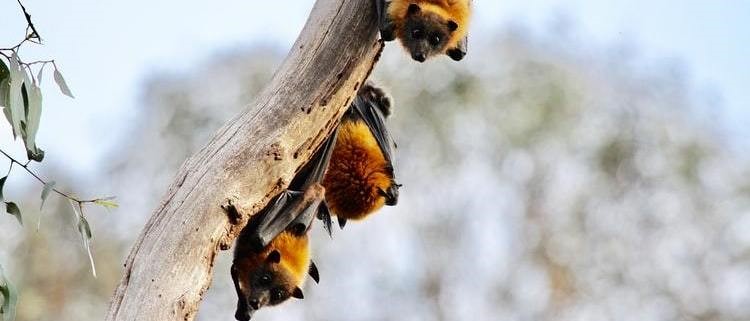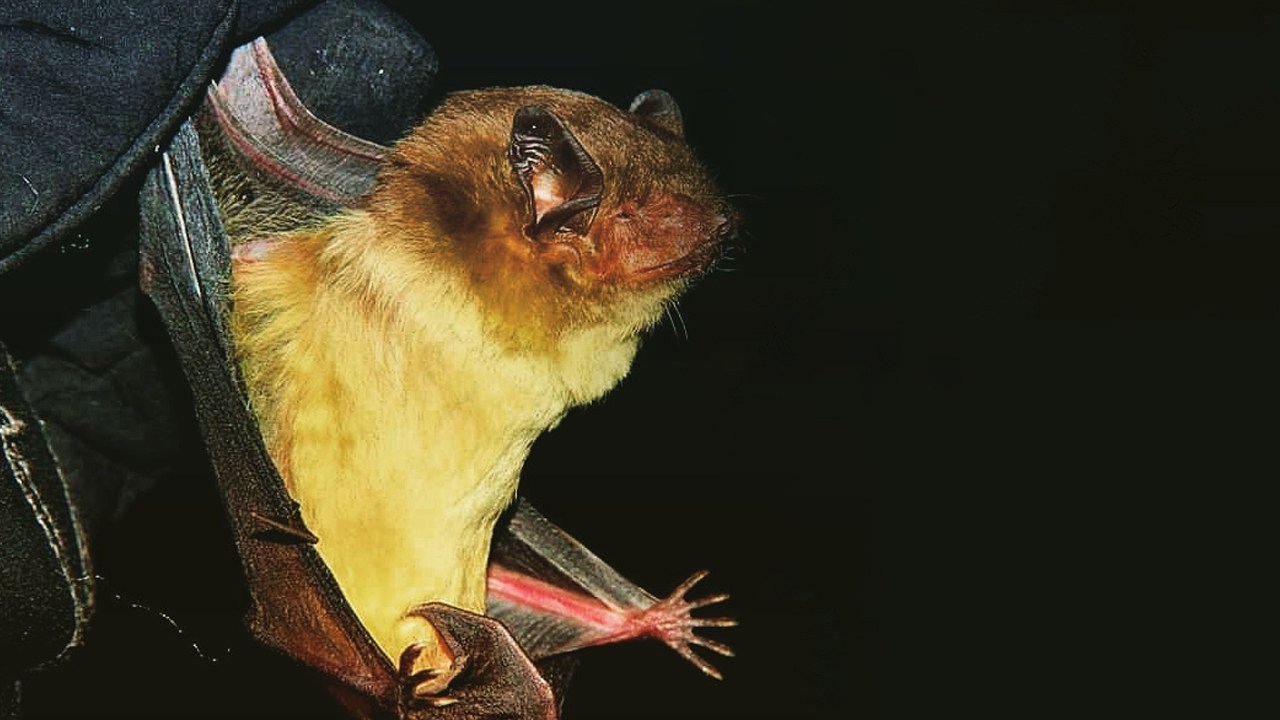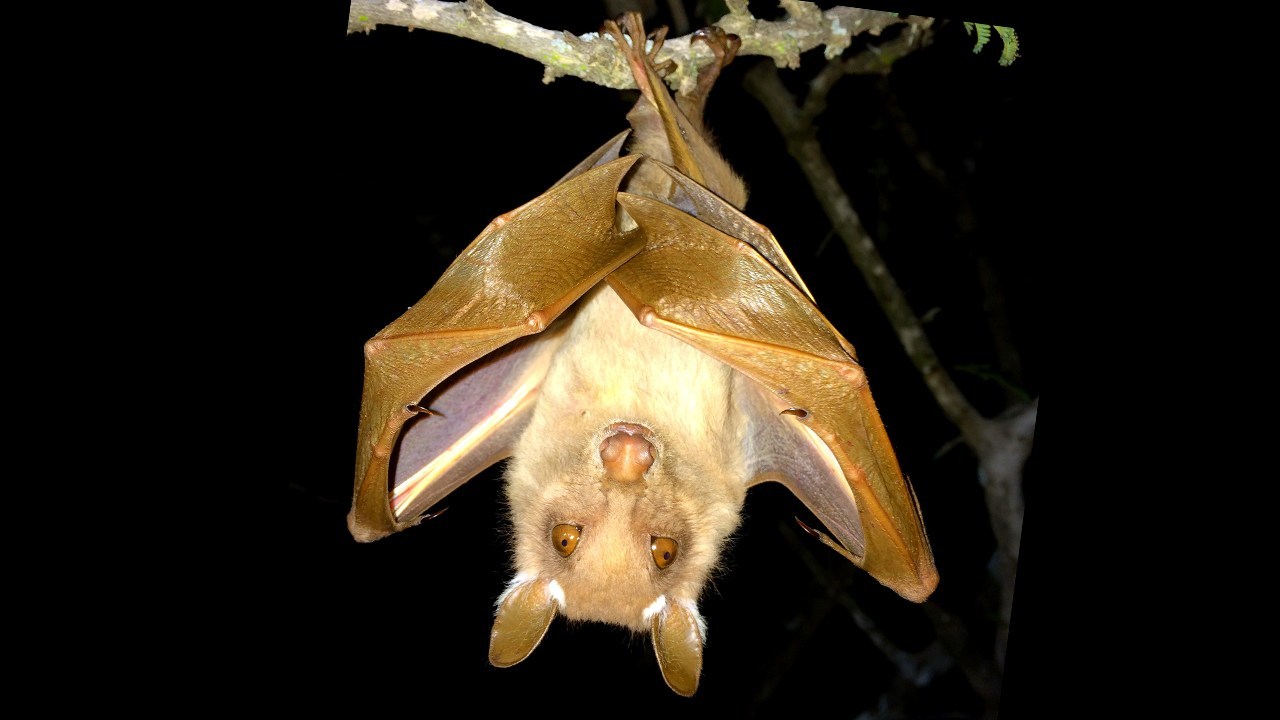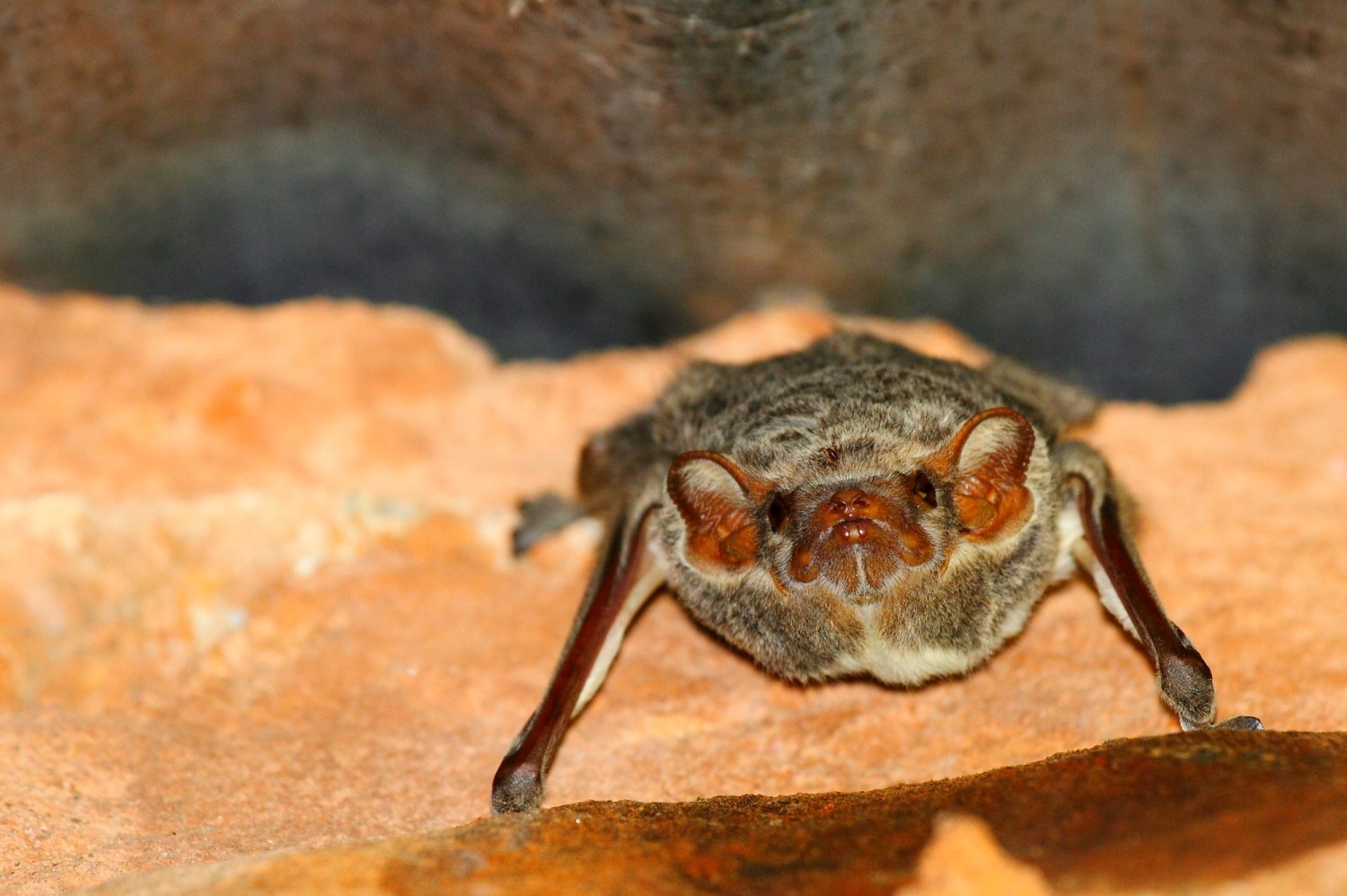Running Batty for Bats
December 4, 2019 - 5 minutes readMegan Loftie-Eaton tasked herself to running South Africa’s Karkloof 50 Miler for bats and in doing so shed light on the issues the flying mammals face every day. Read on to learn more about bats, Megan’s journey and how she intends on saving them one bat at a time.
Do you love mangoes, bananas and coffee?
Bats are the unsung heroes of nature, often misunderstood and feared by people, and they play a vital role in keeping our ecosystems healthy. From pollination and seed dispersal to keeping insect populations in check, we have bats to thank for all of that. Without them we wouldn’t have mangoes, bananas, coffee and many other human foods.
Natural insect control
Bats around the world play crucial roles in ecosystem health and human economies. Many bat species consume vast amounts of insects, including some of the most damaging agricultural pests. A single bat can eat up to 1,200 mosquito-sized insects every hour, and each bat usually eats 6,000 to 8,000 insects every night! Some of their favorite prey include crop-destroying moths, cucumber beetles, flies and mosquitoes. Natural insect control is their specialty.
Plant pollination
Fruit-eating bats pollinate many valuable plants, ensuring the production of fruits that support not just local economies, but diverse animal populations too. We have a lot to be grateful for because of the existence of bats. Fruit bats excrete seeds from the ripe fruit they eat. They do this in flight, often a considerable distance from the parent tree. The seeds, which are packed into their own fertilizer (guano), then grow into new fruit trees, helping to regenerate forests.
Some bats also drink nectar from flowers and — like sunbirds, bees, and butterflies — pollinate the flowers while they are doing so. Overall, bats are irreplaceable in sustaining their forest habitats, which would simply disappear without them.
In danger of extinction
Unfortunately, about 40 percent of bat populations worldwide are in danger of becoming extinct. Bats are slow at reproducing. Most species give birth to only one pup a year, which means they cannot quickly rebuild their populations.
Much of the blame for declining bat populations rests on human shoulders. Bats can be poisoned when they consume insects that have been sprayed with synthetic pesticides. But the biggest problem for the bat population is loss of natural habitat. Many bats prefer to roost in dead or dying trees under the loose and peeling bark, or in tree cavities. Some prefer to roost in caves or caverns. Populations have dwindled and diversity has suffered without the protection of these important natural roosts.
Megan’s journey
Megan decided to run 50 miles for bat conservation and to raise awareness about the importance of bats. She was batty enough to run the Karkloof 50 Miler on 21 September 2019 in support of bats!
But she still needs your help. Megan is raising money for ReWild NPC, an environmental NGO based in Phalaborwa, South Africa on the outskirts of Kruger National Park. They do amazing work to rescue and rehabilitate bats, as well as educating the public on the importance of bats.
ReWild NPC helps animals that have been injured or orphaned and, when they are ready, returns them to the wild. But they do far more than that. They help with human-bat conflict resolution by helping farmers use bats to control crop pests, they make bat houses and apply many other bat conservation measures.
Please help Megan raise crucial funds for bat conservation and ReWild NPC by donating to her campaign on GivenGain.
EcoTraining Quiz
If you want to learn more about bats, take this EcoTraining quiz:
Those who want to learn more about our natural world should consider taking an African wilderness course with EcoTraining:
Tags: bats, bats in danger of extinction, bats role in our ecosystem, Fruit pollination, natural insect control, ReWild NPC





0 Comments